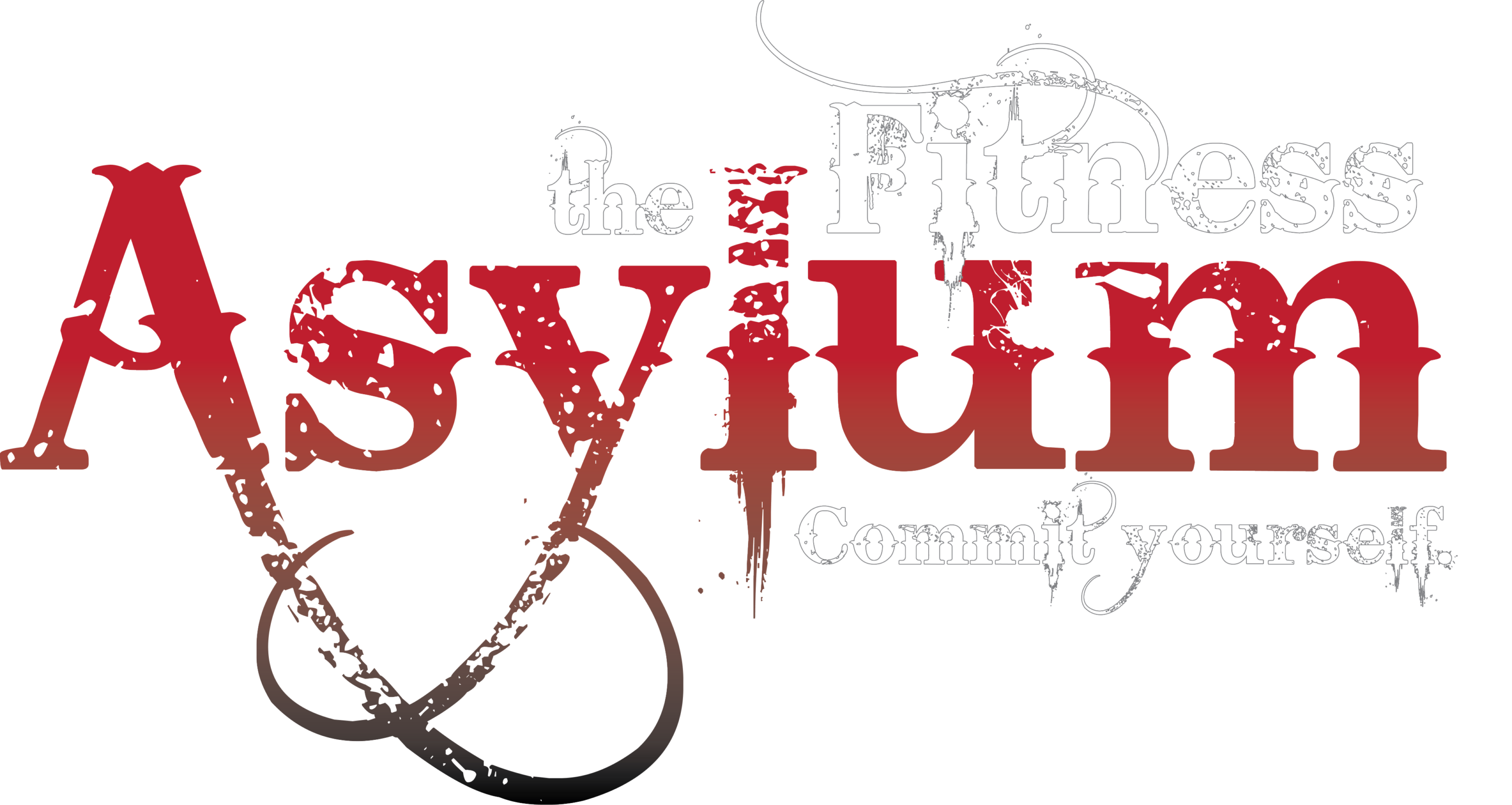How to find weight loss motivation in 2025
Are you ready to make 2025 the year you find lasting weight loss motivation? The truth is, you don’t have to wait for a specific day—New Year’s, Monday, or even the first of the month—to start your journey. Any time is the right time to commit to change. Let’s dive into how you can make this year different and finally achieve lasting results.
A Fresh Start
I love the energy of a new year, month, or even a new Monday. It’s an opportunity to reflect and decide how you want your future to look. But here’s the thing: lasting weight loss motivation isn’t about a fleeting moment of inspiration. It’s about creating sustainable habits that carry you forward.
If you’ve lost weight before, only to regain it, you’re not alone. That’s why I created The One, my coaching program designed to solve weight loss for good. It’s not about crash diets or quick fixes; it’s about identifying what works for you and making it stick.
Why Most Diets Fail
Most diets fail because they rely on unsustainable methods. Whether it’s cutting calories drastically, following rigid food rules, or relying on packaged meals, these approaches don’t address the real challenges of maintaining weight loss motivation.
In the short term, these methods might work. You feel in control and powerful, but then life happens:
- A vacation or illness throws you off track.
- You forget your meal prep at home.
- Social events tempt you with off-plan foods.
When restrictive diets fail, it’s not because you lack willpower. It’s because the methods weren’t designed to be part of your life long-term.
Dieting Is a Tool, Not a Lifestyle
Dieting can help you lose weight, but it’s only one tool in your toolbox. To achieve long-term success, you need a broader strategy that includes:
- Taking diet breaks when needed.
- Balancing your approach to food and exercise.
- Developing a lifestyle that supports your goals and weight loss motivation.
Instead of constantly dieting, focus on what happens after the initial weight loss phase. What will you do after six weeks, 12 weeks, or six months? Success comes from learning how to maintain your results.
Let’s Be About It in 2025
This year, let’s not just talk about losing weight; let’s be about it. Long-term weight loss motivation requires more than food and exercise. It’s about:
- Managing your mindset.
- Cutting through unhelpful beliefs.
- Addressing shame and fear.
1. Identify Your Stories
We all have stories about ourselves, our bodies, and food. These stories shape our identity and often hold us back. Common examples include:
- “Weight loss has always been hard for me.”
- “Everyone in my family is overweight.”
- “I’m just big-boned.”
Challenge these narratives. They are not facts—they’re stories you can rewrite. This is the first step toward building sustainable weight loss motivation.
2. Take Responsibility
Taking responsibility for your weight doesn’t mean blaming yourself. It means asking honest questions:
- What actions am I taking that keep me from losing weight?
- Am I tracking everything I eat, including bites and sips?
- Am I making consistent choices?
Radical responsibility empowers you to change. It’s not about perfection—it’s about progress and maintaining weight loss motivation.
3. Break Dopamine Addiction
Dopamine is the feel-good chemical that rewards behaviors like eating sugary snacks, scrolling social media, or shopping online. Dieting can also create dopamine highs, but when it ends, we often turn back to old habits.
To break the cycle:
- Avoid keeping trigger foods in your house.
- Plan meals and snacks to prevent under-eating.
- Recognize and manage stressors that drive emotional eating.
Breaking this cycle is essential for sustaining weight loss motivation.
4. Embrace FailureFailure is part of the process. Every setback teaches you something valuable. Instead of striving for perfection, aim for consistent action. Messy, imperfect steps forward are better than standing still. Failure fuels growth and strengthens your weight loss motivation.
5. Cultivate Curiosity
Be curious, not judgmental. When challenges arise, ask yourself:
- Why do I feel this way?
- What can I learn from this?
Curiosity helps you uncover the root of your habits and make meaningful changes. It’s a powerful tool for building weight loss motivation.
6. Get Comfortable with Discomfort
Growth requires discomfort. Whether it’s trying new things, taking risks, or facing difficult emotions, being uncomfortable doesn’t mean you’re failing. It means you’re growing and building resilience in your weight loss motivation.
The Five P’s for Lasting Weight Loss Motivation
To make 2025 your year, focus on these actionable steps:
- Plan
Plan your meals, activities, and goals. You don’t need to micromanage every detail, but having a roadmap keeps you on track and enhances weight loss motivation. - Pause
Take a moment to pause when you feel triggered or overwhelmed. This helps you respond thoughtfully rather than react impulsively. - Process
Allow yourself to process emotions instead of avoiding them. Name what you’re feeling and sit with it. Processing emotions builds a stronger foundation for weight loss motivation. - Pivot
When things don’t go as planned, pivot. Assess what went wrong and adjust your approach. Flexibility is key to maintaining weight loss motivation. - Patience
Weight loss takes time. Celebrate small wins and remember that slow progress is still progress. Patience keeps you motivated for the long haul.
Make 2025 Different
This year, commit to a sustainable approach to weight loss. Use the tools and strategies outlined here to build habits that last a lifetime. Start today—because there’s no better time than now to harness your weight loss motivation.
About Bonnie Lefrak
Bonnie Lefrak is a Life & Body Transformation Expert and founder of The One. She helps women achieve permanent weight loss by addressing the physical and mental aspects of transformation. Bonnie’s mission is to empower women to love themselves and find peace in the process of weight loss.
Connect with Bonnie:

